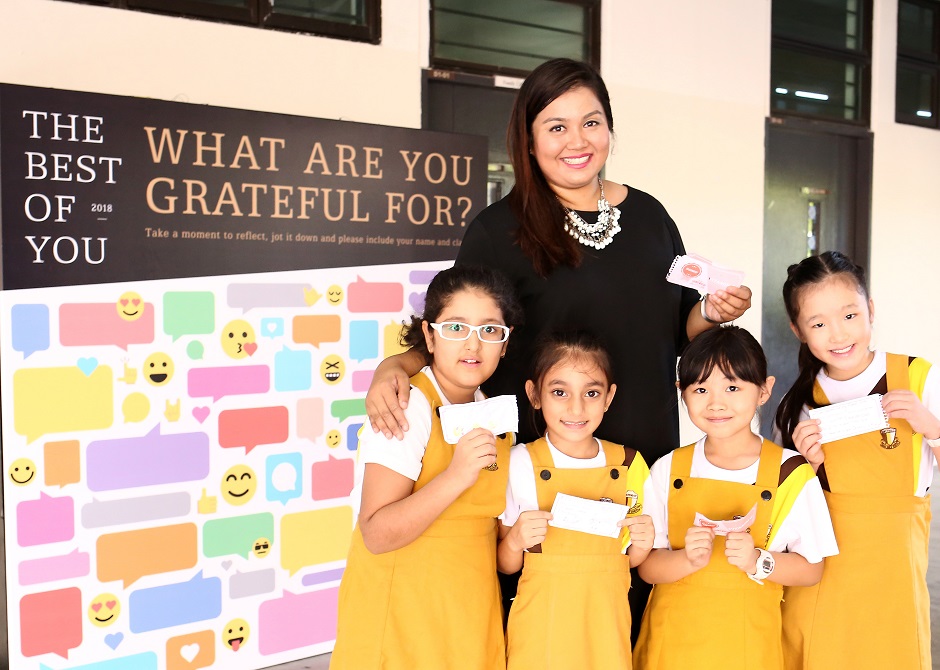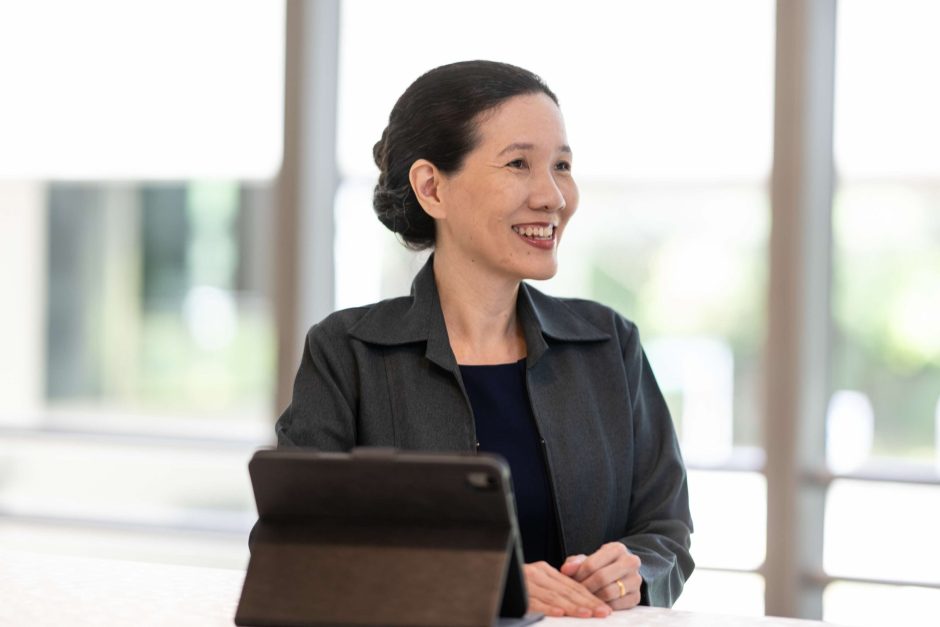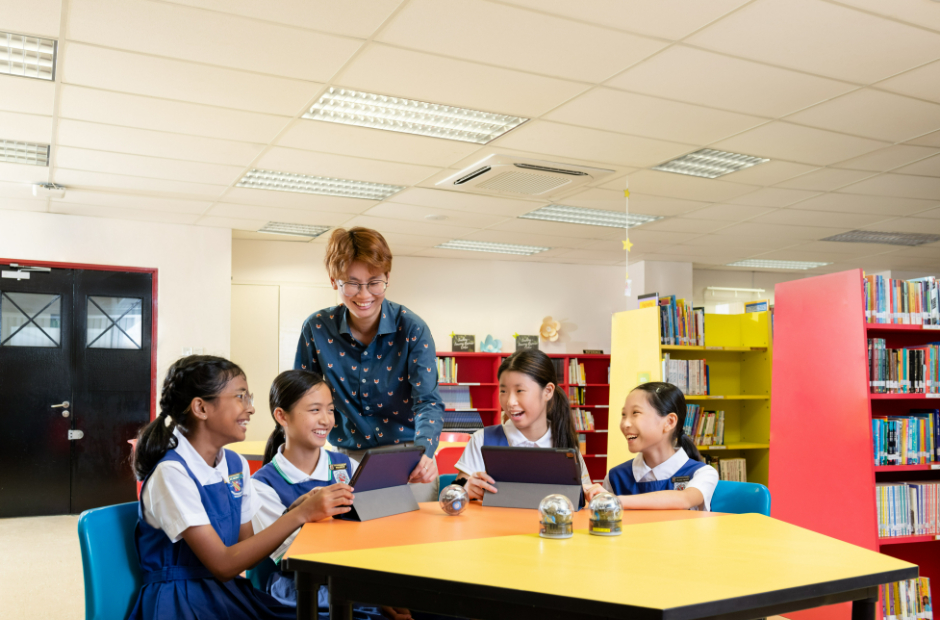Sylvianne Devajothi, Haig Girls’ School, Outstanding Youth in Education Award 2018 Recipient
A rude awakening
Fresh out of the National Institute of Education, I had hoped that my first batch of students would appreciate my Children’s Day gift – a pen each, from Daiso. However, any joy or excitement I felt was dashed when one recipient exclaimed that she wanted pens only from the popular, more expensive brand Smiggle.
Three days later, I found three of the pens I gave them lying on the classroom floor. When I asked whom they belonged to, no one claimed them. When I shared my displeasure over how my students did not appreciate what they had been blessed with, one of them said they had not wanted the pens as they were of an inferior brand. Another commented that if she lost anything, she could always just ask her parents to buy her a replacement.
This was not the value system I wanted for my students. I believed that my success as a teacher should not be based solely on students’ grades, but on how I helped to mould their character.
Paying it forward
With this in mind, my colleagues and I initiated Project Pass It On two years ago. It was an extension of our school’s annual Fictional Characters Day, when students dress up as their favourite book characters in a costume made of recycled materials. Usually, winners would receive a $1 voucher each for their efforts. However, knowing that our students did not need those vouchers, we challenged them to pass them on. We gave our students an opportunity to learn and live out the values of care and concern.
In Project Pass It On, the students donated Bags of Gratitude, which were bags of food and necessities they put together, to the workers rebuilding our school’s Koon Seng campus. Each of the bags came with a handwritten note written by the students to express their gratitude to the workers. The response was heartening, and some students even saved their pocket money to purchase items for the workers.
It was a challenge to get the students to find out more about construction workers and appreciate their contributions to society, as they had preconceived ideas about foreign construction workers through what they had heard, read, or seen while growing up.
Finally, the day came for the students to head down to the campus and talk to the workers over afternoon tea. After the session, they had a newfound appreciation of the construction workers.
On the bus ride back to school, the students shared countless takeaways from the experience. Some recounted what the workers were thankful for – a bed to sleep in and hot food on the dining table every evening. Several said they did not know how hard foreign workers had to work, and how Singaporeans must be thankful to them for building roads and buildings. Some were happy to know that they had made a difference to another person’s life just by doing something small.
“Thank you, Miss Sylvianne, for creating this opportunity to open my eyes. I used to have different perspectives of foreign workers, but now I know they are just like us. They are people whom we should be thankful to after all that they have done for Singapore,” a Primary 6 student said.
Even though Project Pass It On ended in 2016, I have ensured that my students have other avenues to think of others and make a difference.
Passion for a cause
I believe that once students realise they can make an impact on the community, the next step is to empower them to stand up for what is right and what they are passionate about.
One day, I shared an article on environmental issues with my students, who then decided that they could implement a school-wide initiative, HGS Recycles. They did their research before proposing to recycle one item a day, wrote scripts for a recycling video to be screened to the school, and created props for the video production. In addition, my students designed posters that were plastered around the campus, took charge of briefing the school during assembly, and ensured that every class was actively recycling. They sacrificed their recesses to remind schoolmates to wash bottles before putting them in the recycling bins, and not to throw food wrappers into the bins.
It was amazing to see how my class of nine-year-olds was able to impact change. Very soon, the whole school was recycling. I also managed to get teachers and office staff to participate actively.
In 2016, I challenged my students to kick-start another initiative to allow their peers to help the community. After attending a workshop organised by the National Environment Agency, my students shared their proposal to collect drinking can tabs with me. These tabs could be used to manufacture prosthetic limbs.
Using the story of Mosha the elephant, which survived a landmine explosion and received a prosthetic limb made of can tabs, my students implemented their plans. Six weeks after the start of the collection drive, the school collected 30kg of can tabs! The number is still growing today. It brings a smile to my face when students come up to me with bags of can tabs saying, “Miss Sylvianne, I went to ask the old lady at the coffee shop if I could take her can tabs and shared with her why it is important to recycle. I was quite scared that she would scold me but she didn’t!”
Admittedly, it is difficult to measure the success of character education but I am thankful to be able to empower my students to take ownership of causes they are passionate about, to spread kindness and have a sense of tenderness for the world.





-(1).jpeg)
